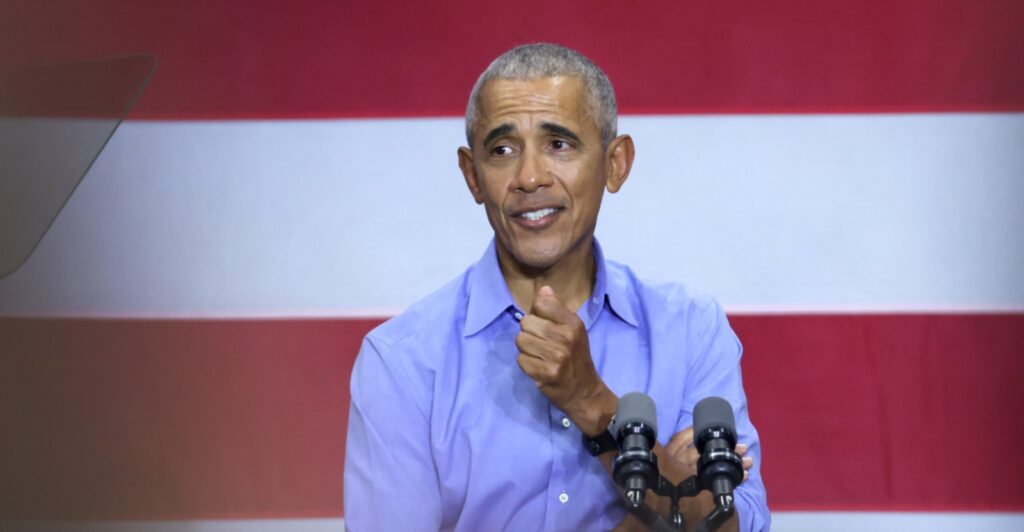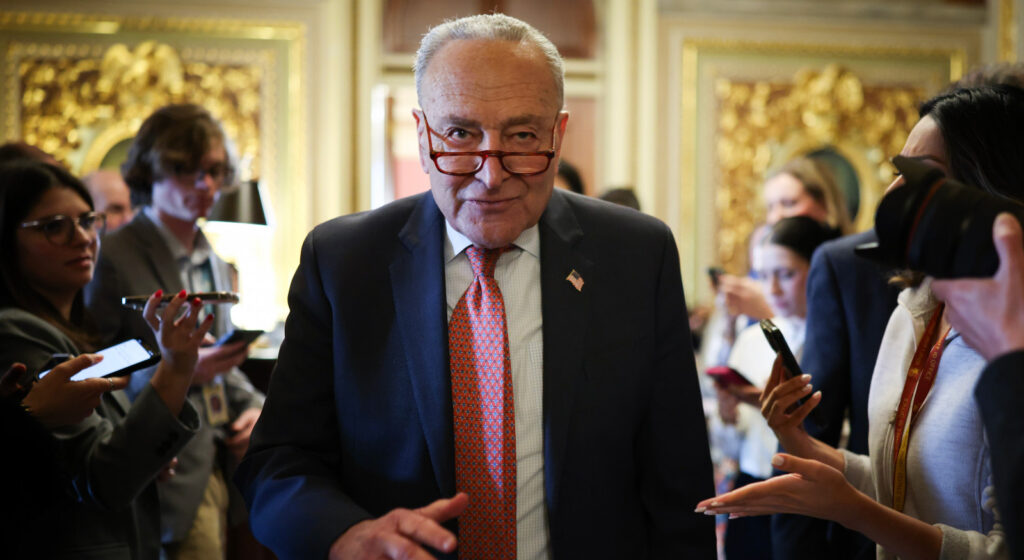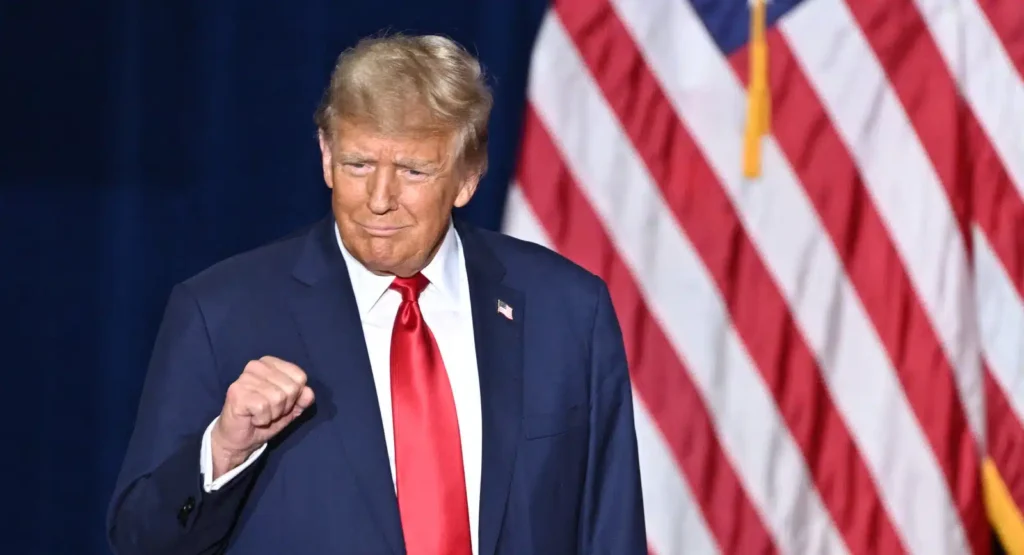The Secret Service has “deep flaws” that allowed the attack at the Trump campaign rally, according to an independent panel that reviewed the July assassination attempt against then-candidate Donald Trump in Butler, Pennsylvania.
The panel also called for the agency’s “fundamental reform” to fulfill its mission of protecting top government officials worldwide.
The independent review panel noted in a letter signed by all four members that it had discovered “numerous mistakes” during its investigation that resulted in the attempted assassination of Trump, but also “deeper systemic issues that must be addressed with urgency.”
“The Secret Service as an agency requires fundamental reform to carry out its mission,” the members said. “Without that reform, the Independent Review Panel believes another Butler can and will happen again.”
The panel dedicated its work to Corey Comperatore, who was killed in the shooting, and James Copenhaver and David Dutch, who were injured, as well as their families.
“These actions will be responsive not only to the security failures that led to the July 13, 2024 assassination attempt but, importantly, to what the Independent Review Panel describes as systemic and foundational issues that underlie those failures,” the members said.
The group also cited “deeper concerns” it had discovered regarding the Secret Service, such as a “troubling lack of critical thinking” by Secret Service personnel in the days leading up to and following the assassination attempt, “corrosive cultural attitudes” regarding resources, and a “lack of clarity” regarding who has security ownership of a protectee’s site.
It criticized Secret Service leadership for what the panel claimed was an “insufficiently experience-based approach” by Trump’s detail regarding the choice of agents to carry out security-critical tasks and a failure to assume responsibility for security planning and execution at the Butler rally.
The breakdowns “reveal deep flaws in the Secret Service, including some that appear to be systemic or cultural,” according to the report.
It recommended new Secret Service leadership with outside agency experience and a return to its “core protective mission” to address the panel’s identified problems.
“The Secret Service must be the world’s leading governmental protective organization,” according to the report. “The events at Butler on July 13 demonstrate that, currently, it is not.”
This comes as President Donald Trump nominated Sean Curran, the head of his personal Secret Service security detail, to serve as director of the U.S. Secret Service.
Curran, one of several quick-thinking agents who hurried onstage to defend Trump during an attempted assassination on July 13, was already anticipated to be appointed to the role.
Trump called the appointment of Curran an “honor” in a Truth Social post.
“Sean is a Great Patriot, who has protected my family over the past few years, and that is why I trust him to lead the Brave Men and Women of the United States Secret Service,” the president wrote.
“He is brilliant leader, who is capable of directing and leading operational security plans for some of the most complex Special Security Events in the History of our Country, and the World. He proved his fearless courage when he risked his own life to help save mine from an assassin’s bullet in Butler, Pennsylvania. I have complete and total confidence in Sean to make the United States Secret Service stronger than ever before,” Trump wrote in a Truth Social post.
The Government Accountability Office also suggested that lawmakers and policymakers must take action to address the negative effects AI has on the public and the environment.
In a report released Tuesday on the human and environmental effects of generative AI, the federal watchdog suggested that Congress, agencies, and industry encourage AI developers to use government frameworks, such as those provided by the GAO or the National Institute of Standards and Technology, to defend against harmful AI-generated content that jeopardizes safety, security, and privacy.
The GAO also said that while generative AI has revolutionary potential, it also uses “large amounts of energy and water.” Commercial developers have not yet released information on water consumption during their training of gen AI models, and GAO recommended that policymakers could encourage developers and researchers to “create more resource-efficient models and training techniques.”
“The benefits and risks of generative AI are unclear, and estimates of its effects are highly variable because of a lack of available data,” the GAO wrote. “The continued growth of generative AI products and services raises questions about the scale of benefits and risks.”





